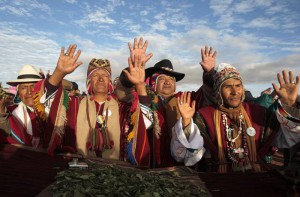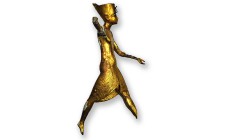Illicit Traffic in Latin American Antiquities
The dynamics of a criminal market
‘Illicit Traffic in Latin American Antiquities’ is funded by a Leverhulme Early Career Fellowship, a Core Fulbright Grant, and the University of Glasgow.
Objective
 The primary aim of this project is to develop a better understanding of the criminal networks involved in the trafficking of illicit cultural objects from Latin America, and to do this from a perspective which calls attention to the relationship between the practice of trafficking antiquities and the regulatory structures which attempt to effect crime control (the ‘local perspective’). This research into the local perspective of antiquities regulation and trafficking will then be compared to the ‘global perspective’ of antiquities trafficking worldwide, to the international dimension of law and regulation in this market, and to other comparable types of global illicit commodity traffic.
The primary aim of this project is to develop a better understanding of the criminal networks involved in the trafficking of illicit cultural objects from Latin America, and to do this from a perspective which calls attention to the relationship between the practice of trafficking antiquities and the regulatory structures which attempt to effect crime control (the ‘local perspective’). This research into the local perspective of antiquities regulation and trafficking will then be compared to the ‘global perspective’ of antiquities trafficking worldwide, to the international dimension of law and regulation in this market, and to other comparable types of global illicit commodity traffic.
By focusing on the development and practical effects of local, national, and international law and regulation, this project will significantly improve our ability to develop effective policy for the protection of our collective past. Therefore, a key objective is to conduct an ‘ethnography of antiquities law’. This builds on my prior research, and adapts it to the study of how people’s behaviour is affected by regulatory efforts to control criminal conduct in the context of the local settings at the roots of an international illicit market.
Geographic Focus
The majority of fieldwork will be carried out in Andean South America (with fieldwork in Bolivia conducted in 2013), and in Mesoamerica (with fieldwork conducted in Belize in 2014). This project seeks to incorporate information from throughout Latin America, particularly with regards to potentially comparable criminal markets.
Related Publications
Archaeology and Autonomies: The Legal Framework of Heritage Management in a New Bolivia
